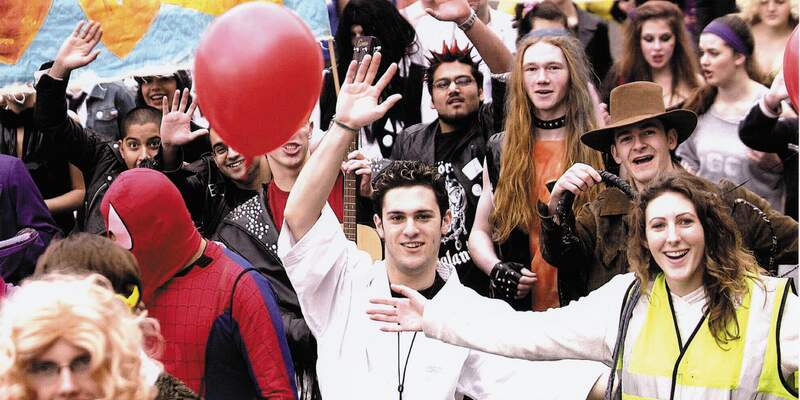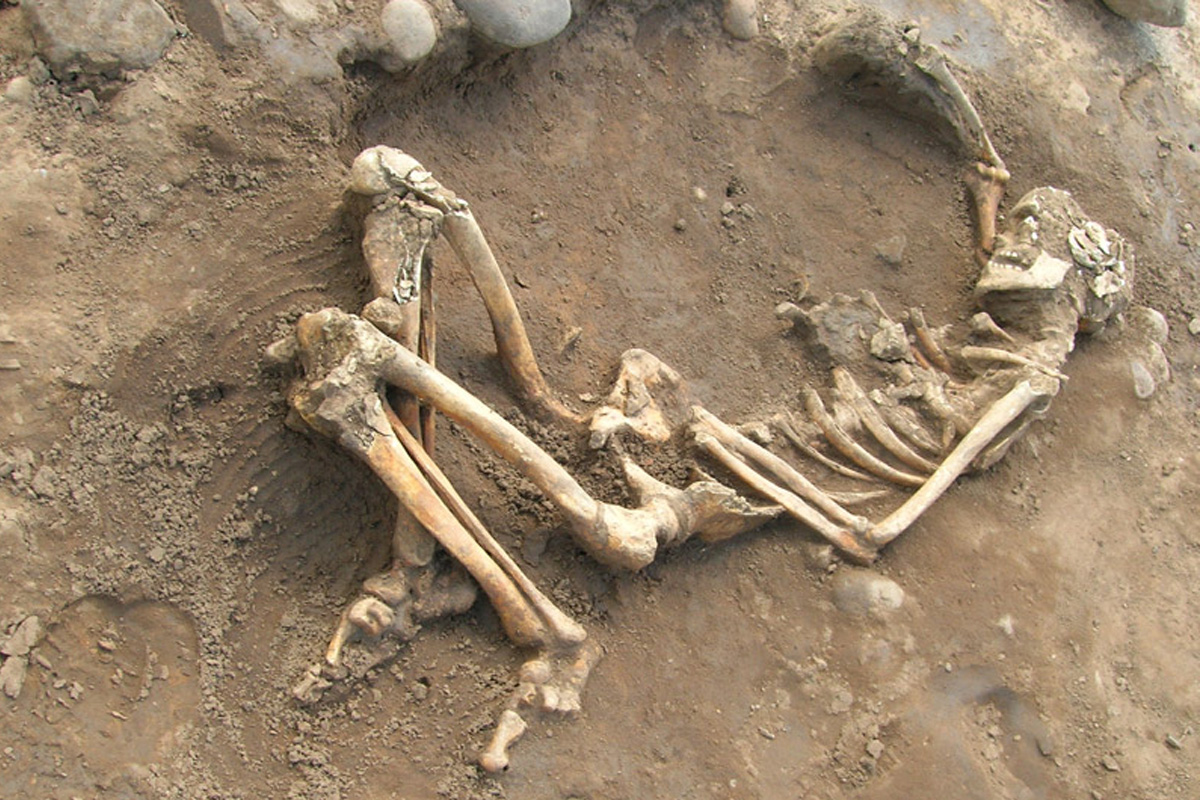
Our history: 2000s
Key people
- Professor Sir Ron Cooke, Vice-Chancellor (1993 to 2002)
- Professor Brian Cantor, Vice-Chancellor (2002 to 2013)
- Dame Janet Baker, Chancellor (1991 to 2004)
- Greg Dyke, Chancellor (2004 to 2015)
Students' Union Presidents
- Ben Youdan (2000/01)
- Ffion Evans (2001/02)
- Tom Connor (2002/03)
- Chris Jones (2003/04)
- James Alexander (2004/05)
- Mickey Armstrong (2005/06)
- Rich Croker (2006/07)
- Anne Marie Canning (2007/08)
- Tom Scott (2008/09)
- Tim Ngwena (2009/10)

Top left to bottom right: Professor Sir Ron Cooke, Professor Brian Cantor, Dame Janet Baker and Greg Dyke
2000s in pictures
Upgrades
Technology also moved fast, with "YorkWeb" becoming a major marketing tool, the introduction of a Virtual Learning Environment, and new ways of communicating with students and stakeholders through SMS, Facebook and on-campus electronic screens. We installed wifi across campus, video-conferencing and a range of online services.
Campus became more sophisticated, with ensuite accommodation, significantly upgraded catering, shops and better-equipped offices, teaching facilities and laboratories.
A local and global community
In response to government prompting on interacting with the community, hundreds of students volunteered for York Students in Schools and Millennium Volunteers. The University became heavily involved in significant partnerships for a variety of projects - Science City York with the Council; Higher York with York's colleges; the Hull York Medical School with the University of Hull. The Science Park thrived.
The two major policy initiatives for York in this time were the concerted effort to "internationalise" the University and its work, and the establishment of the extended campus at what became known as Heslington East.
Internationally, we were a founding member of the Worldwide Universities Network, a group of 19 research universities spread across the globe, which has tackled a range of ‘global challenges’ with its huge network of expertise. Strong relationships were developed with universities in China and the US. Our recruitment of international students rose rapidly, and York students began to participate in Study Abroad schemes.

University of York Community Volunteers in Heworth, 2008 (York Digital Library)
Heslington East
The planning for Heslington East began in earnest in 2002 with the arrival of Brian Cantor as Vice-Chancellor. It took years of master-planning, liaison with interest groups, negotiations with land-owners and local communities, an 8-hour city planning meeting and a Public Inquiry to achieve the purchase of land and complex planning permissions for a site equal to the size of the original Heslington West campus. In 2009, the new Goodricke College opened as the first building on Heslington East.
At the time of the 40th anniversary in 2003, we wrote about Heslington East: "it will be everything that the designers of the original campus hoped for - integrated, landscaped and traffic-free, with a large expanse of water, and a very eager populace."







